He Was a World-Renowned Cancer Researcher. Now He's Collecting Unemployment.
He Was a World-Renowned Cancer Researcher. Now He's Collecting Unemployment.
Behind the fall of David Sabatini, 'one of the greatest scientists' of his generation.
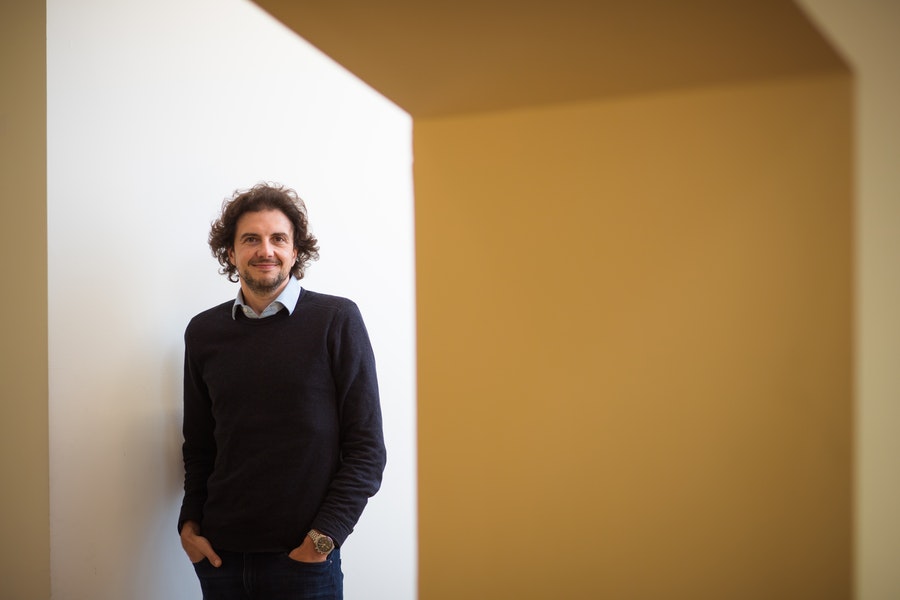
Send us a link
Behind the fall of David Sabatini, 'one of the greatest scientists' of his generation.

The Covid-19 pandemic has underlined the importance of scientific advice to modern policymaking. But how can the use of expertise in politics be aligned with the needs and values of the public?
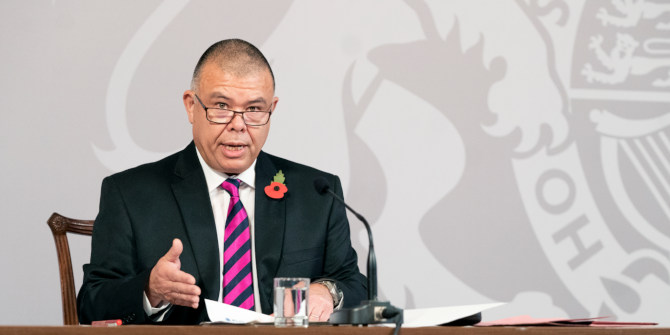
In After Lockdown: A Metamorphosis, Bruno Latour explores how the experience of lockdown during the COVID-19 pandemic has led us to better understand our connections with other living beings, in ways that might be conducive to confronting our climate crisis. This book will be of interest to anyone wanting to explore the philosophical meanings of lockdowns, Gaia theories and climate politics.
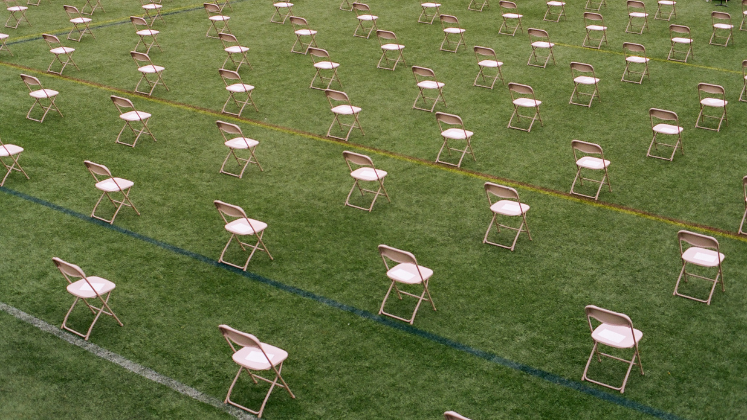
There was a collective sigh of relief when it was announced that the UK would commit to Association for Horizon Europe. We knew the details had to be worked out
How can libraries help to prevent tracking in science, thereby protecting the data of the researchers and, in an idealistic sense, scientific freedom?
Social mobility champions are accused of having ‘lost focus on the role that a socially mobile society should have in matching all members of society into occupations and roles which they are suited for and enjoy, and at which they excel.’ Indeed, they give little attention to ‘the actual aspirations and ambitions of real people’.

This post argues that for academic books to be genuinely open, an emphasis should be placed on collective funding models that limit the prospect of new barriers to access being erected through the imposition of expensive book processing charges (BPCs).

Australia’s ERA and EIA research assessment exercises lack a clearly defined purpose, or return on investment for Australian universities. In a climate of declining trust in the Australian Research Council, together with a confused idea about how research should be funded, the assessment regime itself is at a critical point of juncture.

It is good that the authors of HEPI’s report ‘Regional Policy and R&D’ note that the UK, by most agreed measures, is significantly unbalanced economically (in terms of income, productivity and economic growth).

Companies like Facebook aren’t building technology for you, they’re building technology for your data. They collect everything they can from FB, Instagram, and WhatsApp in order to sell visibility into people and their lives.
This is the midweek edition of Culture Study - the newsletter from Anne Helen Petersen. If you like it and want more like it in your inbox, consider subscribing. Subscribers: If you haven't activated your invitation to Sidechannel, email me for a new one! Along with
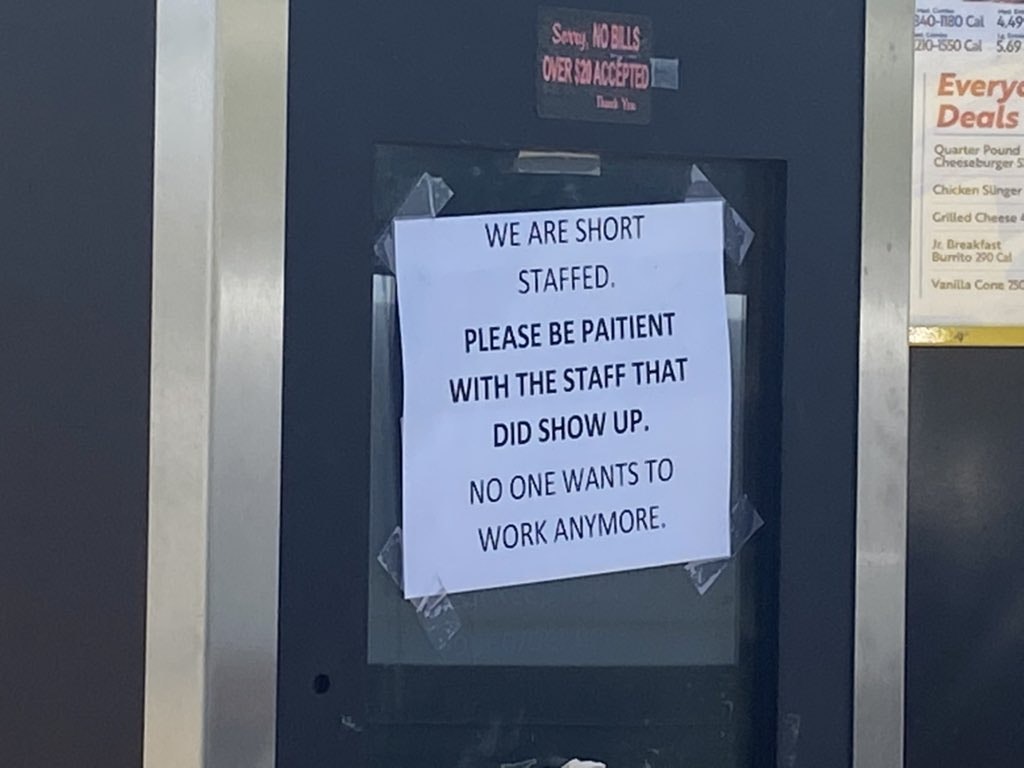
Design your hiring process to find the right people to strengthen your teams' weaknesses, rather than trying to find the best people. Instead of "how can we find the smartest people?" think about "how can we find the people who will make our team stronger?"
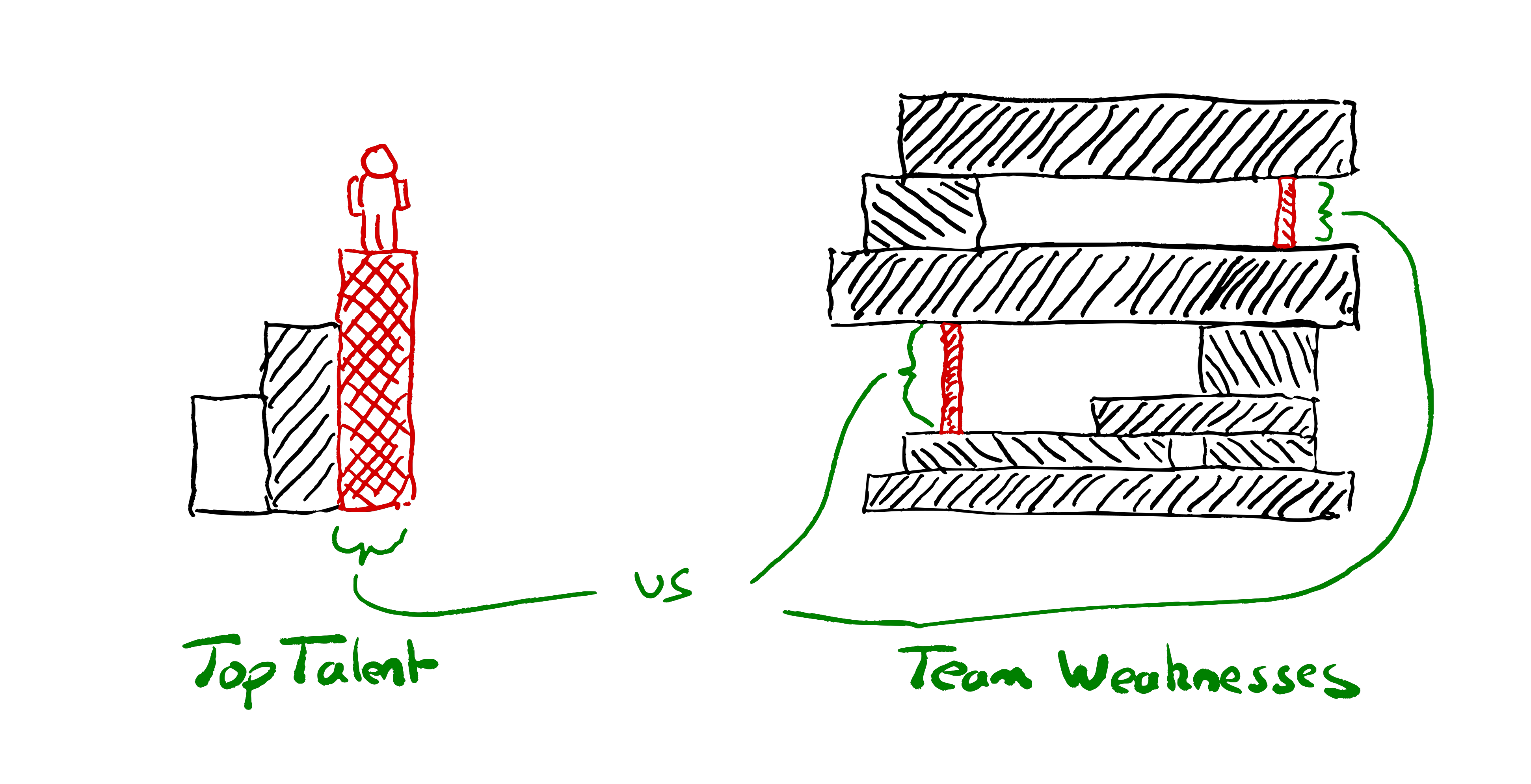
Correcting mistakes and updating findings is often considered to be a key characteristic of scientific research. In practice, self-correction of published research is infrequent, difficult to achieve, and perceived to come with reputational costs.
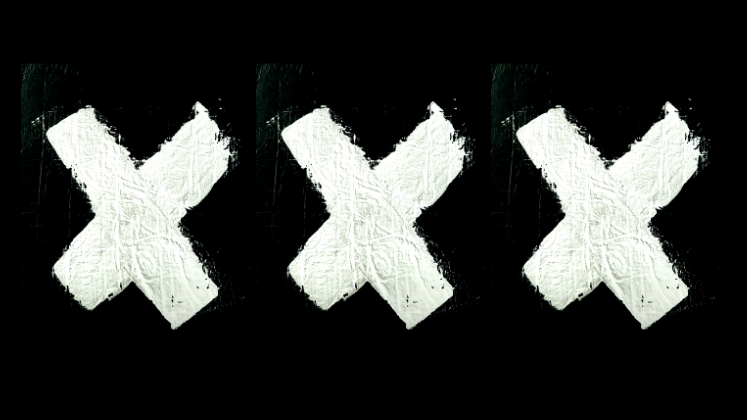
Quickly sharing the genetic sequence of the new coronavirus in early 2020 made all the difference in the response to the pandemic.
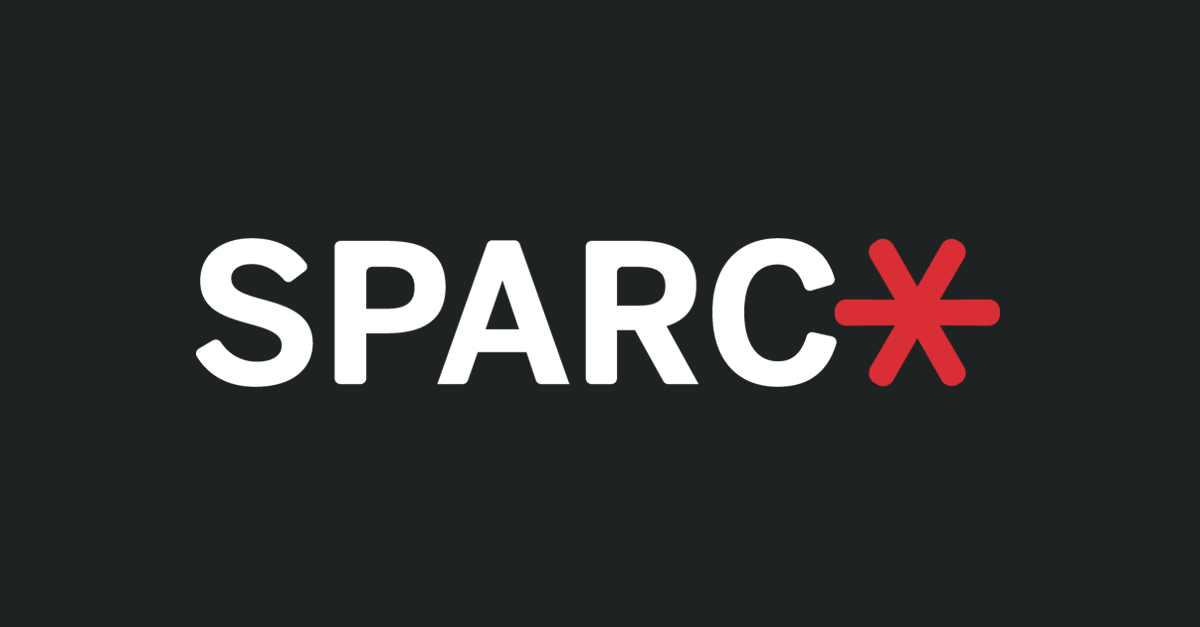
Rankings are artificial zero-sum games. Artificial because they force a strict hierarchy upon universities. Artificial also because it is not realistic that a university can only improve its reputation for performance exclusively at the expense of other universities’ reputations.

Looking for a research paper but can't find a copy in your library's catalog or popular search engines? Give Internet Archive Scholar a try! We might have a PDF from a "vanished" Open Access publisher in our web archive, an author's pre-publication manuscript from their archived faculty webpage.

The UK Publisher's Association has commissioned a report that seems to be their latest attempt at painting open access to research as economically damaging to the publishing sector.

Thanks to the Brexit deal, it is likely that UK researchers will gain access to the Horizon Europe programme and EU research funding. Will this suffice for UK higher education institutions to return to pre-Brexit participation levels?
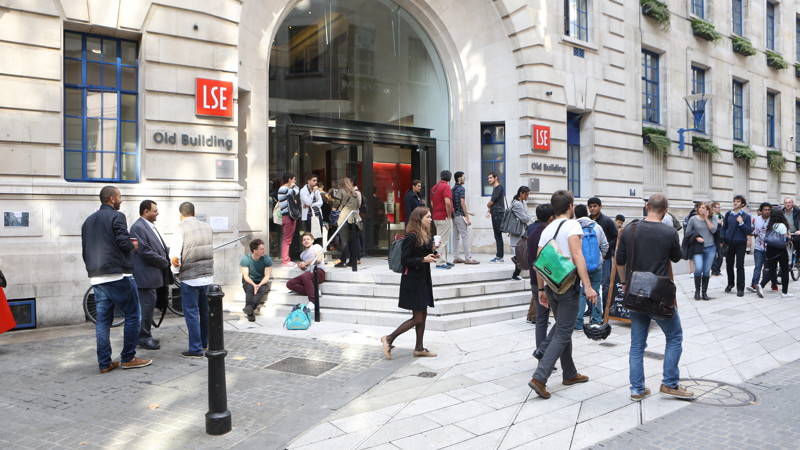
Online learning is fragmenting the traditional model of the university as a single site for both education and research. In this blog, it is discussed how this digital transition is reshaping universities.
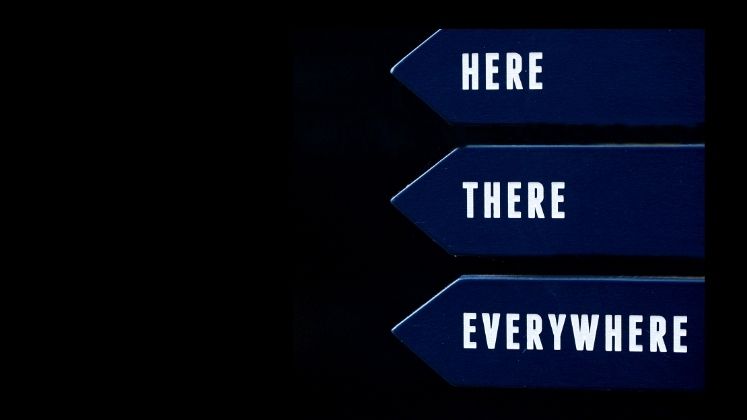

DataCite and the FREYA project partners are proud to announce the official launch of DataCite Commons. DataCite Commons is the web interface to explore the PID Graph, formed by the publications, datasets, research software, and other research outputs generated by researchers working at research institutions and supported by grant funding.
The Official PLOS Blog studies how researchers evaluate both the credibility and impact of research outputs.
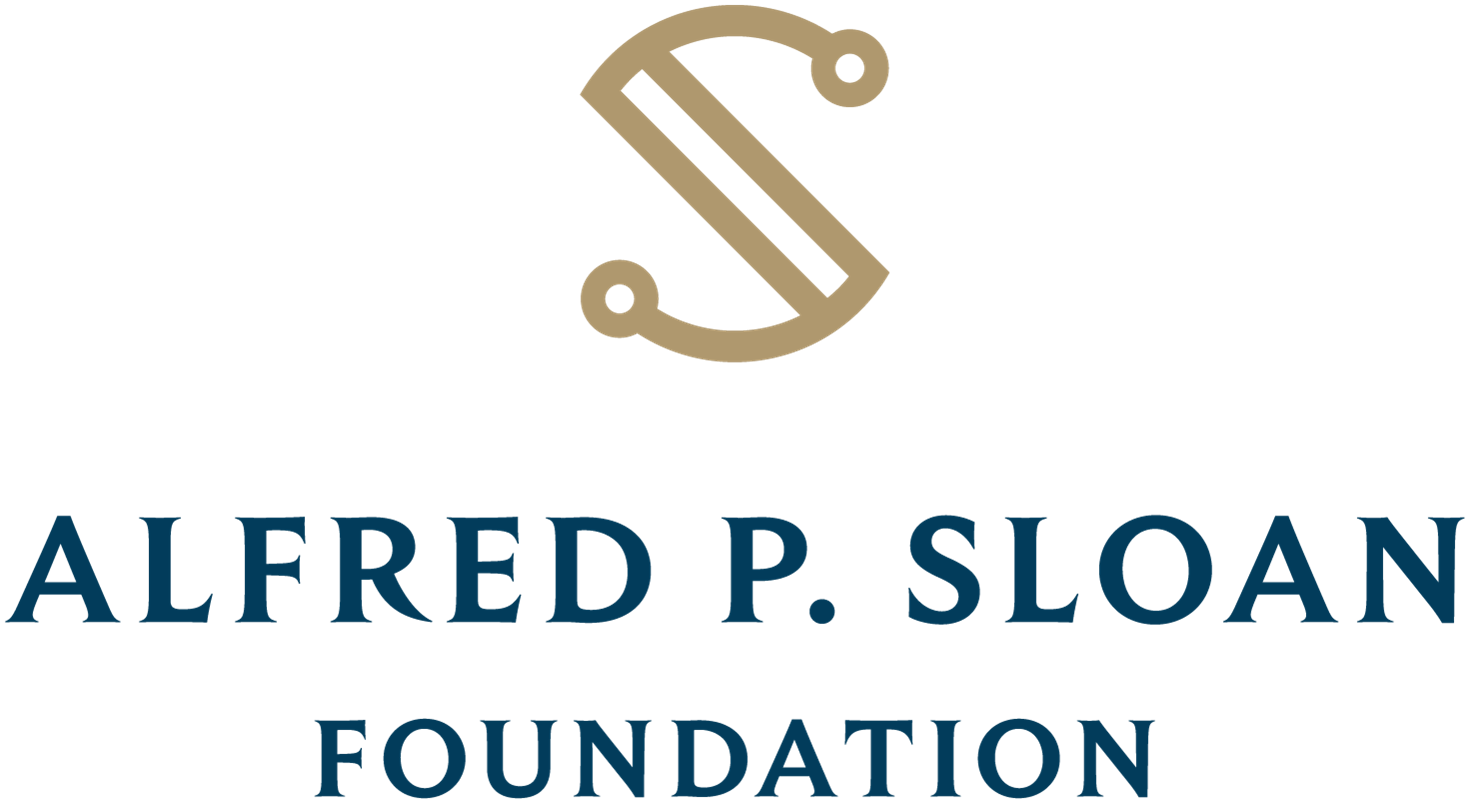
The international Wikimedia movement, best known for its community-based online encyclopaedia Wikipedia, marked its 15th anniversary by setting its sights on the year 2030 and defined strategies, values and goals in an open process. Wikimedia Germany’s Nicole Ebber and Holger Plickert have answered some questions about the transformation, how Wikimedia wants to become the largest knowledge infrastructure in the world and what connections they see to libraries.
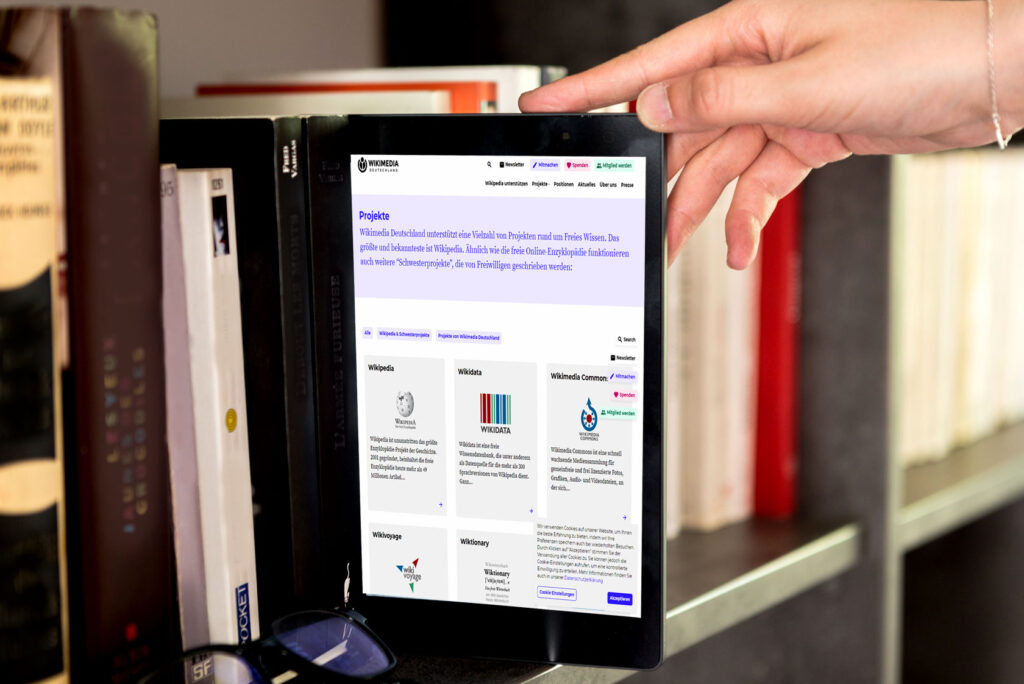
This blog calls for a better scientific quality by pointing to the shortcomings in academia.
We do not have to live in a constant state of fear that our health is being put at-risk. We can restore and strengthen science-based decision-making processes that are protected from political interference. Today, we are releasing our first set of recommendations providing a roadmap for how the fede

The process of recruiting a new CEO will commence over the next few weeks. An open future has never been more important – will you join us to create it?